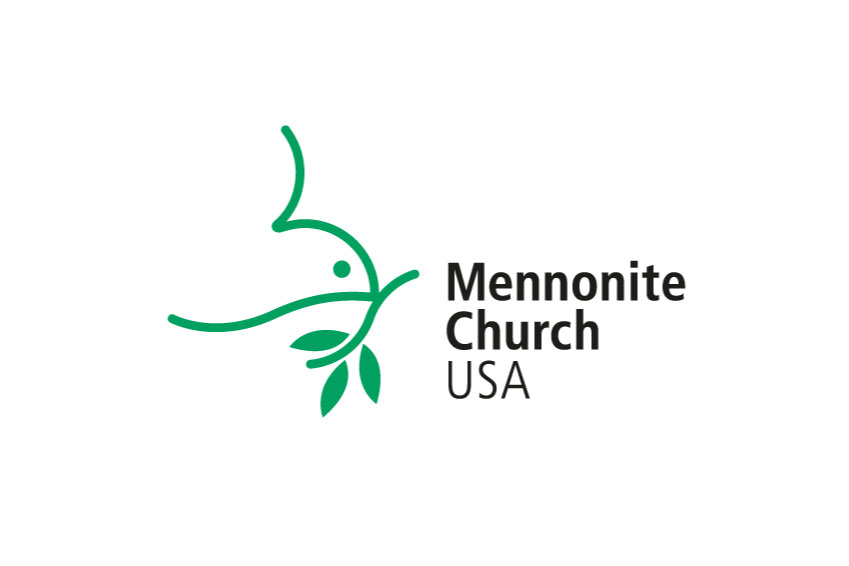 Wil LaVeist, PhD. is chief communications officer for Mennonite Church USA and senior executive for advancement for Mennonite Mission Network.
Wil LaVeist, PhD. is chief communications officer for Mennonite Church USA and senior executive for advancement for Mennonite Mission Network.
What does it mean to you when you hear the word commission? For some it’s “an instruction, command, or duty given to a person or group of people.” For others it is more about what an employee receives for meeting or exceeding a goal. In other words, money.
People of faith like money, but don’t like talking openly about it. However, money is a tool that we need. Money is power. Jesus talked about money more than he spoke of heaven and hell. Biblical scholars indicate 16 of the 38 parables addressed how to handle money and possessions. In the Gospels, 288 verses deal directly with money. There are more than 2,000 verses about money throughout the Bible. Why?
Money impacts rich and poor. Jesus said, where you spend your money is where your heart is. The heart is what God values most, not our bank accounts. However, our natural inclination is to trust money more than God. There are people whose identity and esteem are propped by their money. For example, in Matthew 6 Jesus tells us to not “announce with trumpets” that we’ve given to the needy. In other words, don’t boast about what you give. 1 Timothy 6:10 says, “For the love of money is the root of all kinds of evil.” Money isn’t evil, but the “love” of it is. Meanwhile, many are troubled by what they lack financially. For example, several former college students (and their parents) are understandably fearful about having to pay back student loans. But if we are consumed by fear concerning money, we won’t give our whole heart to God. You can’t worry and pray successfully.
God wants us to give with our hearts. It’s estimated that Christians give about 3 percent of disposable income on average. Jesus called The Laodicean Church “lukewarm” for trusting more in their financial wealth, than their spiritual health. In contrast, Jesus commended the Church of Macedonia for giving generously, though they were poor. In other words, we should give at levels based on our own abilities, not according to what the Joneses do. When your identity is rooted in money, you are spiritually impoverished.
In Exodus 24 and 25 we see God’s model for giving and supporting ministry: “Command the Israelites to bring me an offering. You are to receive the offering for me from everyone whose heart prompts them to give,” God said to Moses. However, we also see in Exodus 32:2-4 how easily it is for us to fail at this. The Golden Calf was built to replace God. The calf was made from melted gold donated by the people. They essentially worshipped their own stuff instead of God! But then in Exodus 35:20-21, we see what happens when we are obedient to God’s ministry support plan. Moses does what God commissioned him to do and the people of Israel respond by giving according to their hearts.
So, with all this discussion and warning about money in the Bible, it’s clear that God’s plan for supporting ministry – The Great Commission – is for financial support to come from the people of God. Ministry funding is to come from in-house – from the family of believers – to advance the work of the Kingdom.
This is why the communications and fundraising departments of MC USA and its agencies are closely aligned. Communications tells people inspiring stories of how we as a denomination and our agencies, like Mennonite Mission Network, help fellow believers to engage in ministry. Fundraising is not sales. It’s not a transaction to earn a commission. It’s spiritual work too. It’s about meeting with donors to inspire and challenge God’s people to get involved with what God is doing. It is about the Holy Spirit moving hearts to follow God. We do not solicit money to ask for our individual selves, but rather, like Moses did, we ask on behalf of God as commissioned by God. The church creates opportunities for people to get involved in The Great Commission – the spreading the Gospel of Jesus Christ.
This also translates into how we as individuals give as believers in our congregations or even employees. Oftentimes many of us who work in ministry feel we should not be expected to also give of our salaries that we earn. But if we understand that God’s financial plan for ministry is that it be supported by the people of God, the Holy Spirit can move our hearts to give. Besides, doesn’t all the money belong to God anyway?
One of the great principals I appreciate about the Mennonite Church, is its theology around being frugal and generous regarding money. We don’t believe in the quid pro quo “prosperity gospel” that some of our Christian brothers and sisters indulge. Rather, Anabaptists take to heart that giving is core to God’s relationship with God’s creation. God first gave Jesus so that all of God’s people might be reconciled to God. We in turn give of our time, talents and treasures to ministry because we are disciples of Christ. Because we are grateful.
Giving is about being in co-mission with Jesus Christ.
And when we give from our hearts to bless others, we are most like God.


